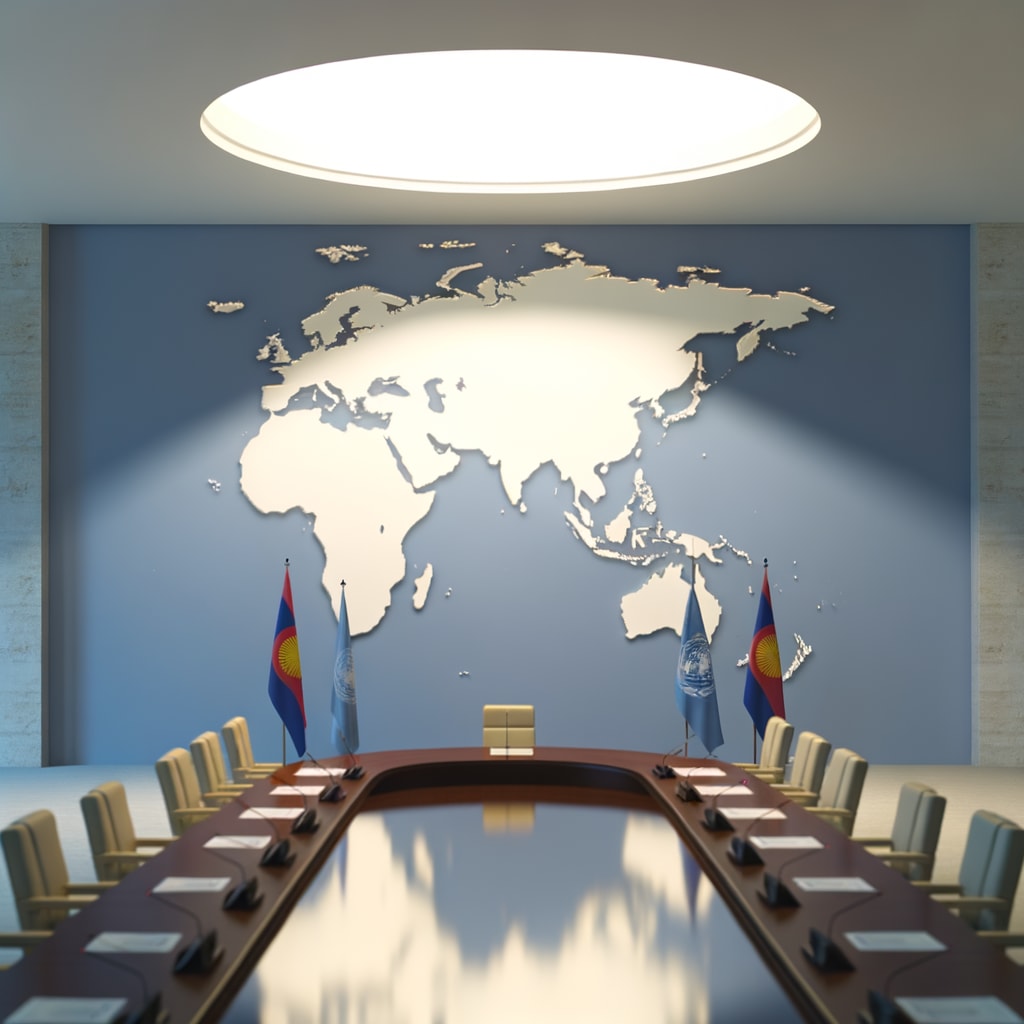Escalating Thailand-Cambodia Border Clashes Spark Concerns of War
Tensions between Thailand and Cambodia have escalated into deadly clashes along their contested border, a development that has displaced tens of thousands and sparked fears of a potential war. The situation is testing the peacekeeping mandate of the Association of Southeast Asian Nations (Asean), while the United Nations Security Council (UNSC) has held an emergency meeting to address the crisis.
Background and Context
The territorial dispute between the two Southeast Asian nations is decades-old, dating back to the French colonial era. This long-standing disagreement recently intensified with the reported killing of a Cambodian soldier in late May. The situation escalated into a military conflict, resulting in the death of at least 16 people and displacement of over 100,000 civilians. The conflict has brought into question ASEAN's capability to maintain peace among its members, revealing its limited tools for intervention.
Recent Developments
As the conflict escalates, Thailand has launched airstrikes on Cambodia, a move that has drawn concern from the international community. Cambodia's landmine authority alleges Thailand's use of cluster bombs in the conflict. The fighting has moved into its second day, with the Thai army reporting activity in six locations. Cambodia asked for an immediate ceasefire – unconditionally – and we also call for the peaceful solution to the dispute,
said UN ambassador Chhea Keo.
Acting Thai Prime Minister Phumtham Wechayachai has warned that the clashes could escalate into a full-scale war. However, the conflict currently remains limited to clashes,
but the risk of escalation remains, he added.
International Reactions and Implications
The situation has prompted responses from international organizations and countries. U.N. Secretary-General Antonio Guterres urged both sides “to exercise maximum restraint and address any issues through dialogue,” according to U.N. deputy spokesman Farhan Haq. The UN Security Council held an emergency meeting behind closed doors to discuss the situation.
Malaysia has offered to mediate, calling for a ceasefire. Thai Foreign Ministry has indicated that direct talks with Cambodia are a priority, and is open to regional mediation. However, neither Cambodia or Thailand seem willing to back down just yet.
Warnings have been issued by Britain’s foreign ministry advising against all but essential travel to parts of Cambodia and Thailand, both popular destinations for foreign tourists.
Current Status
The situation remains tense with neither side showing signs of backing down. The roads in northeastern Thailand are deserted, with the only visible vehicles being military trucks. The Thai military has activated a three-phase strategy, while Cambodia continues to call for an immediate ceasefire and a peaceful resolution of the conflict.
The escalating conflict has not only disrupted the lives of civilians but also threatens the stability of the region. The international community is closely monitoring the situation and hoping for a peaceful resolution. However, as the conflict continues, the fear of an extended conflict heightens.

